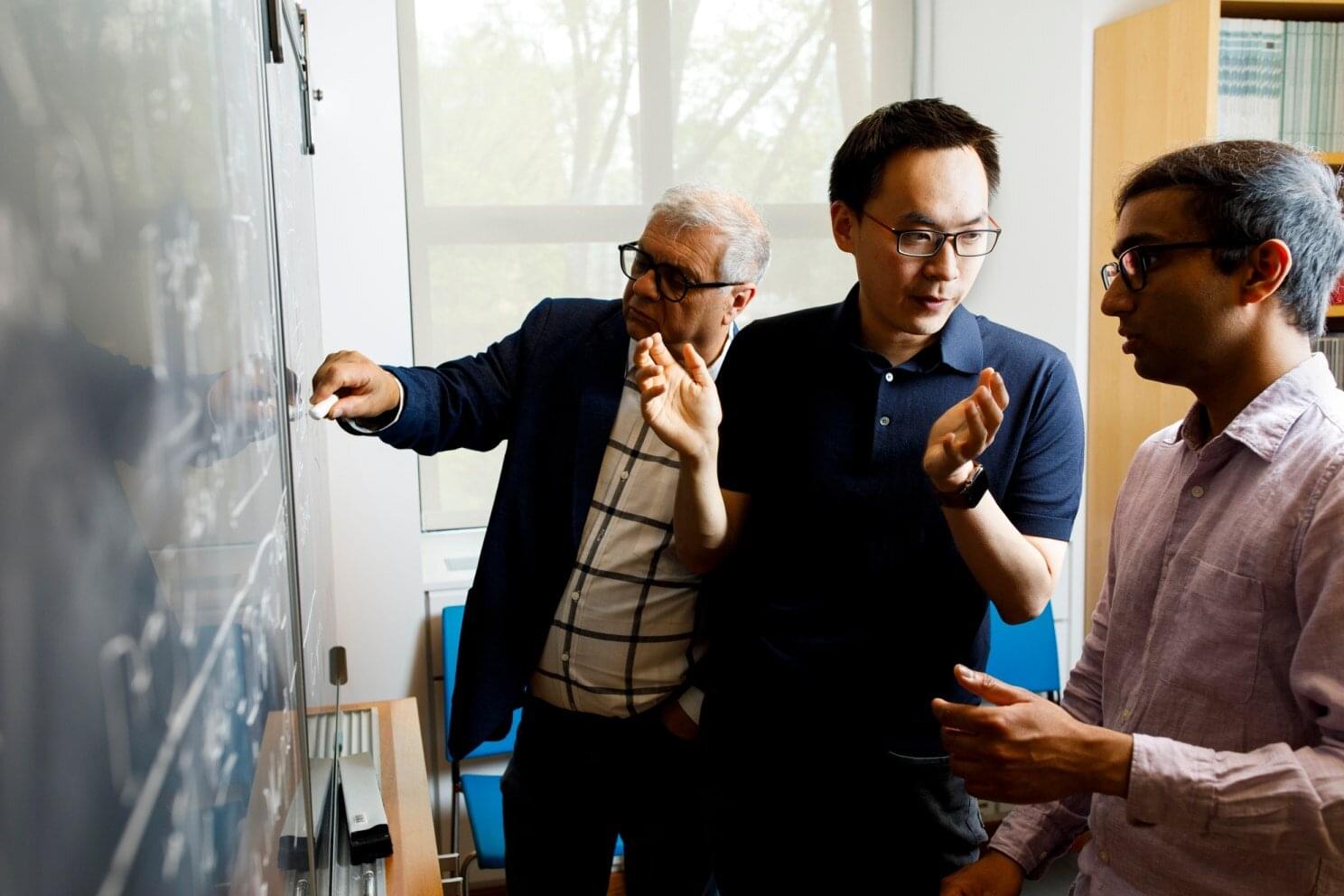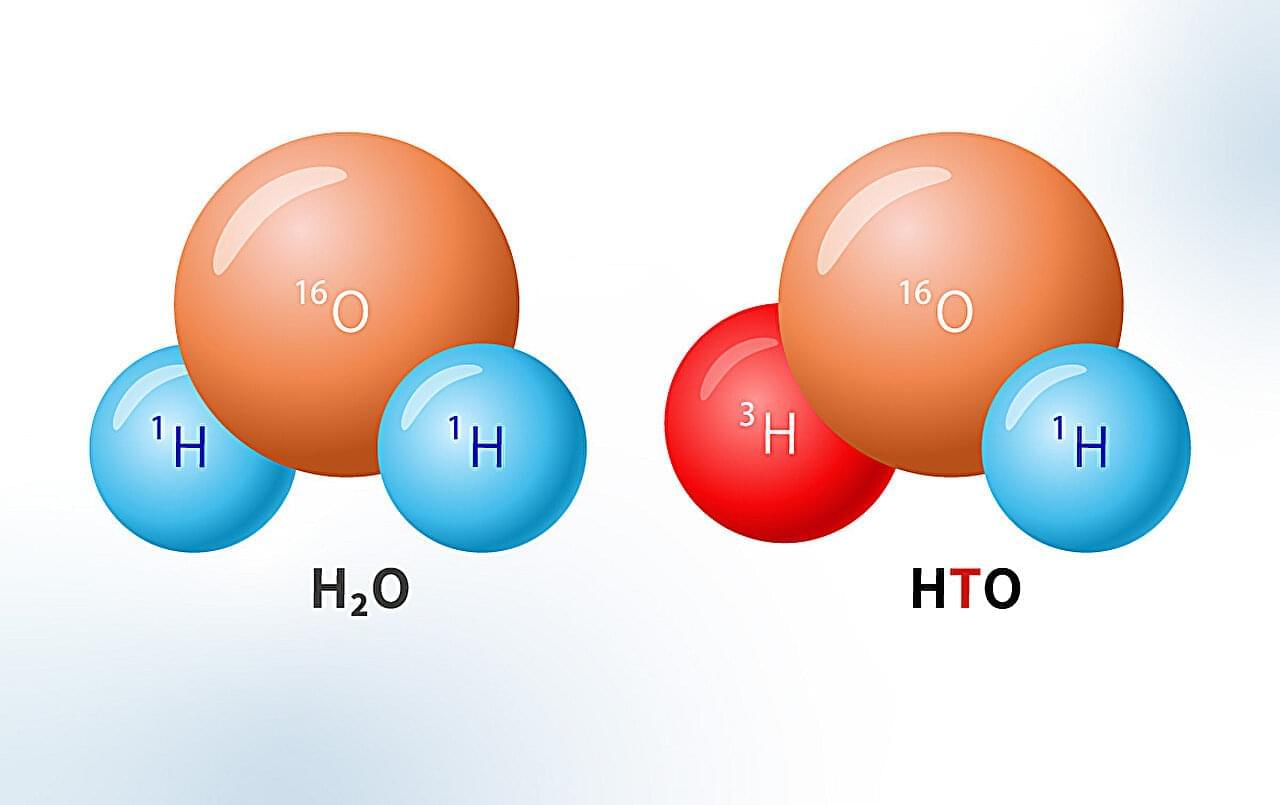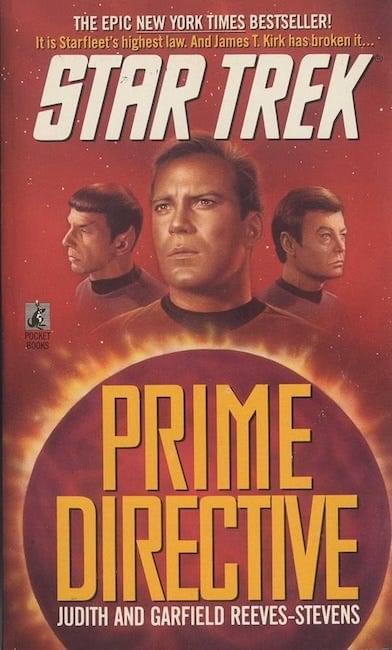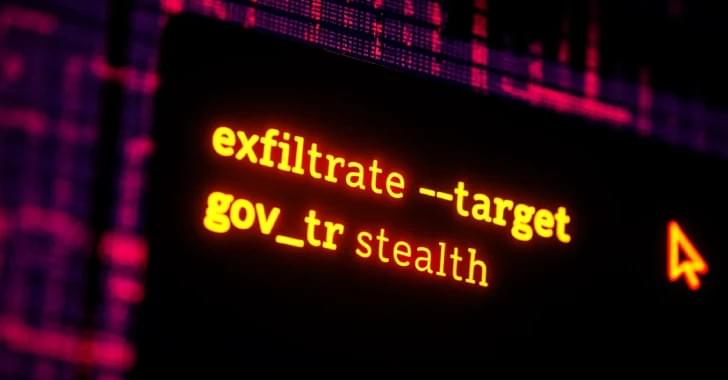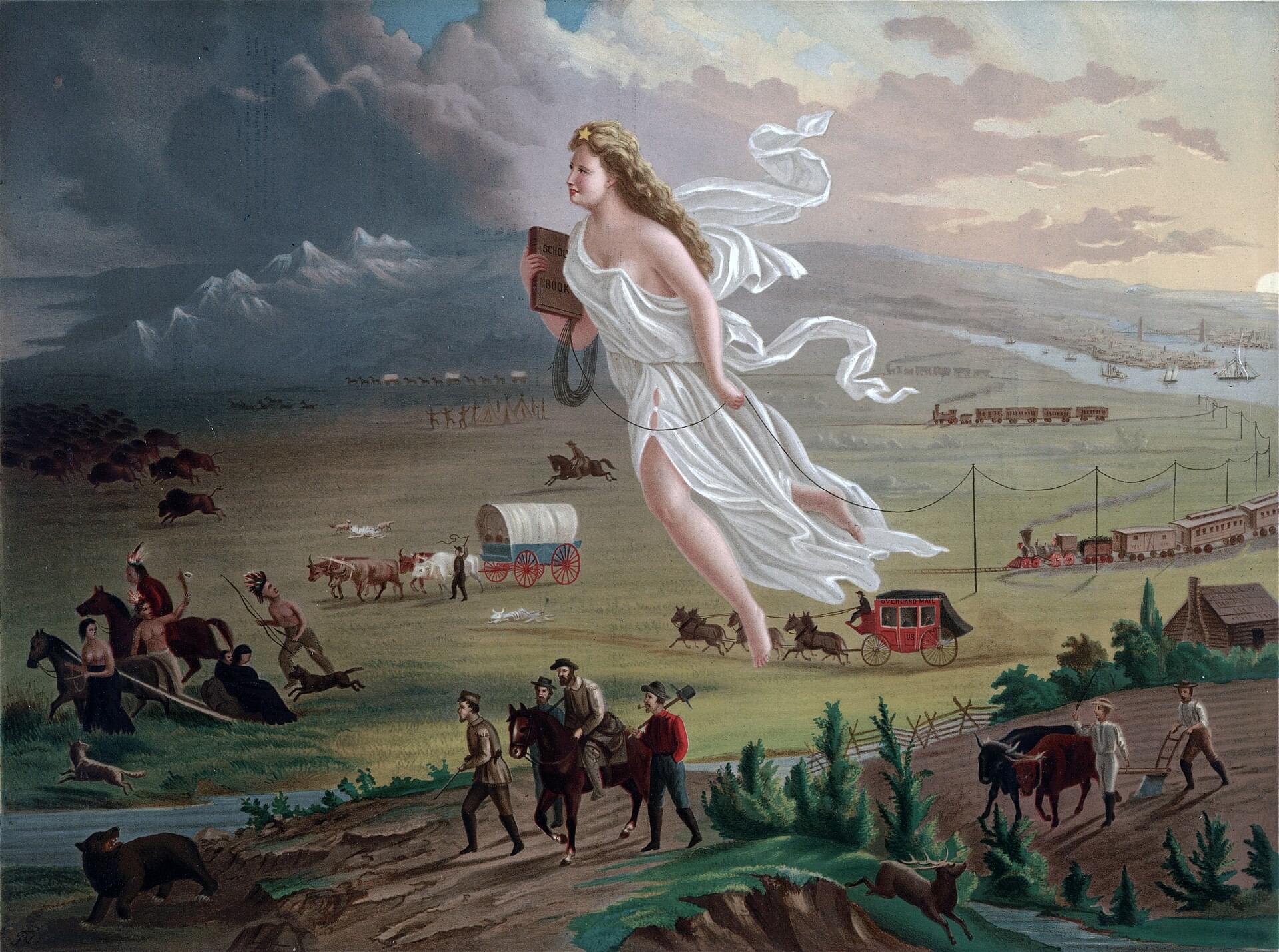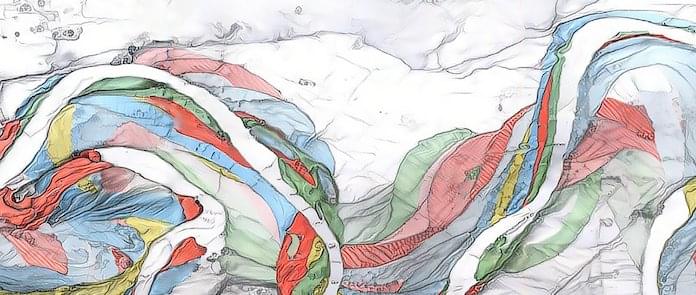Rivian CEO RJ Scaringe claims that legacy automakers are intentionally slowing down electric vehicle adoption and hindering competition to protect their profits from gas-powered vehicles, which could threaten their survival and allow newer EV makers like Rivian and Tesla to dominate the market ## ## Questions to inspire discussion.
Legacy Automakers and EVs.
🚗 Q: Why are legacy automakers resistant to selling EVs? A: Legacy automakers don’t want to sell EVs because they make good margins on low-efficiency gas cars and can sell them at a premium price, preferring to see the EV market disappear.
🏛️ Q: How are legacy automakers fighting against EV policies? A: Legacy automakers are the biggest adversaries of EV policies, spending the most energy fighting against them in DC, reflecting their desire for the EV market to vanish. Rivian’s Challenges and Strategy.
💰 Q: What financial challenge does Rivian face? A: Rivian has a massive $23 billion debt, making it more indebted than any startup has ever been, requiring 10–20 years to become cash flow positive.
🛻 Q: How is Rivian addressing its product pricing? A: Rivian’s R2 electric truck, launching in 2025, will target a **$45,000 starting price, a strategic move to make their products more accessible.

